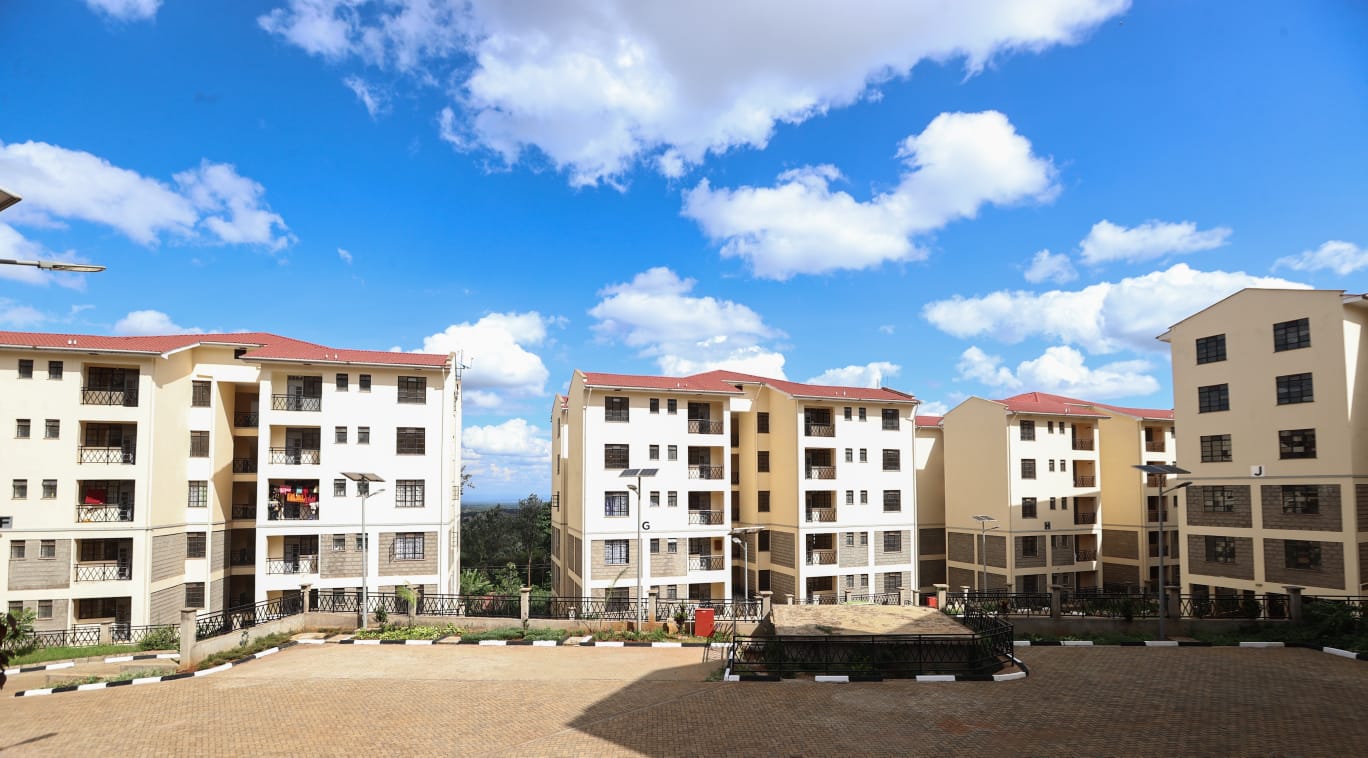
The Kenya Revenue Authority (KRA) has announced the rollout of the Electronic Rental Income Tax System (eRITS), designed to simplify the payment and management of rental income taxes.
The system, which can be accessed through https://erits.kra.go.ke or via the eCitizen public portal, will enable landlords to easily manage property details, file returns, and make payments in what KRA describes as a simple and convenient way.
In a notice dated Friday, September 26, KRA directed all landlords and persons earning rental income to update or correct their property details on the new platform.
For any issues regarding registration or challenges with the system, property owners have been advised to reach KRA through its call centre at 0711 099 999, via WhatsApp.
Those using email can reach KRA through callcentre@kra.go.ke. Enquiries can also be sent to the taxman through their official social media pages.
The rollout of eRITS comes as part of the enforcement of the Monthly Rental Income (MRI) tax, a tax that was introduced through the Finance Act 2015.
The tax applies to income earned from renting out house units.
Through the Finance Act 2020, MRI became applicable to both individuals and companies earning annual rental income of more than Ksh280,000 but not exceeding Ksh15 million.
Taxpayers earning above Ksh15 million annually are excluded from MRI and are instead required to declare rental income alongside other incomes in their annual tax returns.
As of January 1, 2024, the MRI tax rate is set at 7.5% of gross rent received.
In addition, the Finance Act 2023 introduced provisions for the appointment of rental income tax agents to collect and remit the tax on behalf of landlords. These agents are required to deduct 7.5% from the gross rent and remit it to the Commissioner by the 5th working day after the deduction.
Under the MRI regime, landlords are required to file monthly returns by the 20th of the following month. For instance, rent received in January must be declared, and the corresponding tax paid, on or before February 20.
Even in months when no rent is received, landlords are required to file a nil return.
KRA has outlined penalties for landlords who fail to comply with MRI obligations. Late filing of returns attracts a fine of Ksh2,000 or 5% of the tax due, whichever is higher. For corporates, the fine for late filing is Ksh20,000 or 5% of the tax due, whichever is higher.
The late payment penalty is set at 5% of the unpaid tax.
Join 1.5M Kenyans using Money254 to find better loans, savings accounts, and money tips today.

Money 254 is a new platform focused on helping you make more out of the money you have. We've created a simple, fast and secure way to find and compare financial products that best match your needs. All of the information shown is from products available at established financial institutions that our team of experts has tirelessly collected.

